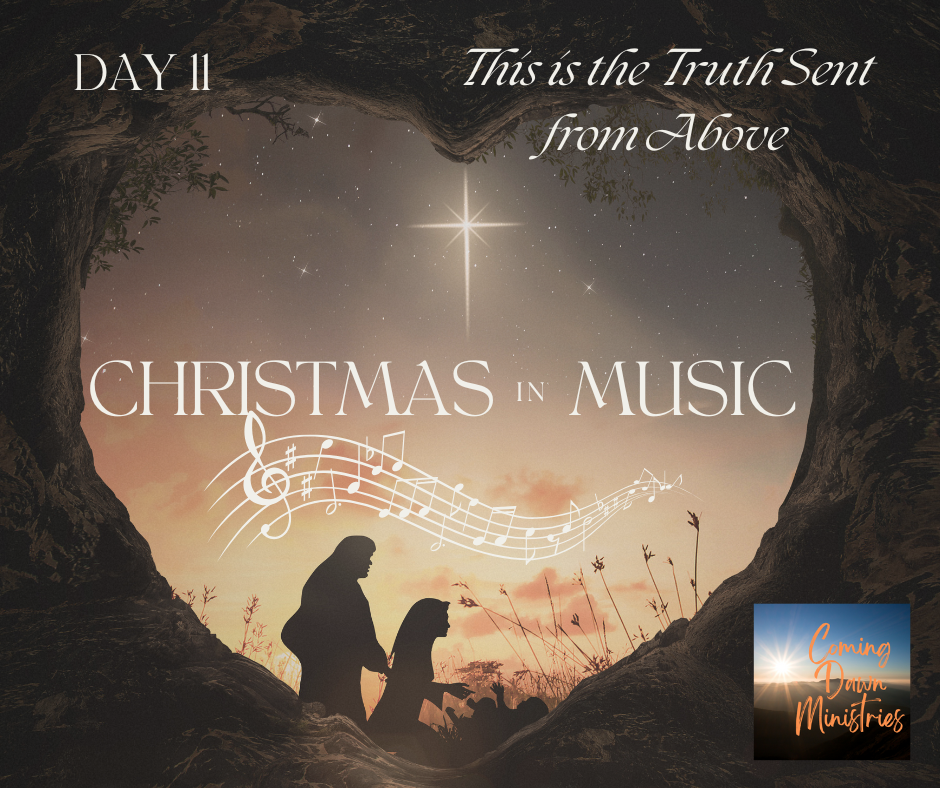Lifting Our Eyes to the Throne - Psalm 123
- Renée Coventry
- Nov 2, 2021
- 3 min read
While Psalm 122 deals with the collective aspect of worship, Psalm 123 deals with the need to deal with sin individually and corporately.
Psalm 123
To You, I lift up my eyes, O You who are enthroned in the heavens! Behold, as the eyes of servants look to the hand of their master, As the eyes of a maid to the hand of her mistress, so our eyes look to the LORD our God, until He is gracious to us. Be gracious to us, O LORD, be gracious to us, for we are greatly filled with contempt. Our soul is greatly filled with the scoffing of those who are at ease, and with the contempt of the proud.
Again, we see the ascent imagery as our individual eyes lift to the King of Majesty who sits in the heavens. Remember, the individual informs the corporate, so as a Body of Believers, each person must look upward to God who sits on the throne. In Scripture, God's throne is a place of authority where He renders judgment and grants mercy. It is located in the heavens, above us. Therefore, individually we look upward to Him.

Following our personal choice to gaze up, the pronoun changes to "we." In this simile, both maids and menservants look to the hand of their masters and mistresses. In contrast, we look to the LORD for our provision, redemption, and help. There is a recognition that we all are attendant upon Him. We WAIT upon HIS will. Both the previous Psalm, 122, and Psalm 123 mimic what John saw transpiring in heaven.
Revelation, chapter four, verses eight through eleven, illuminates the worship of God by the four living creatures recognizing the LORD's holiness. This is followed by the four and twenty elders bowing before God's throne and casting their crowns before the LORD, declaring, "Worthy are You, our LORD and our God, to receive glory and honor and power; for You created all things, and because of Your will they existed, and were created." Our worship and our waiting should acknowledge our dependence upon Him as King of kings and Lord of Lords. No one and nothing is above Him, and we exist because of His will alone. In that acknowledgment, our waiting is for His graciousness and favor to be upon us. However, this is only in the context of our eyes being lifted upward to Him, not on ourselves.
In some translations, the word gracious is translated as mercy. Both are correct, but in this short Psalm, the request for God's graciousness/mercy is repeated three times. Why? The answer is that the children of Israel know that they are "filled with contempt." What the children of Israel understood, and the Apostle Paul so clearly stated, was that, "I know that nothing good dwells in me" (Rom. 7:18). The word contempt means springing from evil, shamed, and despised. Their sin requires they seek the face of God for His mercy and grace. While there are many things that we look to the LORD for, redemption from ourselves is primary. Thank God for Jesus! As the author of Hebrews so beautifully states, that because Jesus acts as our High Priest, "let us draw near with confidence to the throne of grace, so that we may receive mercy and find grace to help in time of need" (Hebrews 4:16). And it's not just deliverance from the state of their hearts that they are requesting God's grace and mercy, but also deliverance from the mocking and proud.
The final verse is a declaration of how filled their minds are with the scorn and derisive comments of those whose lives seem to be secure and are haughtily mocking them as God's people because of their struggles. Their complaint is the evil that comes when pride rears its ugly head. This is something with which we can all relate. How many times have our minds focused on the words and actions of others? They acknowledge their sin, but also how the sin of others affects them, filling their hearts and minds.
This, to me, is a strange way to end a Psalm. At the end of this Psalm, there is no continued acknowledgment that they are looking to God. Instead, it seems as though they are ending with a complaint. However, remember that these Psalms are a grouping, sung together, as an ascent to the presence of the LORD. If anything, we should be reassured and comforted that God willingly listens to all that is in our hearts. Throughout Scripture, people (kings and prophets included) poured out their grievances before God. We can, too. However, there is a proper way to do so that causes us to overcome, and tomorrow, we will study how the children of Israel responded to their complaints and suffering as they approached the presence of God.



Comments